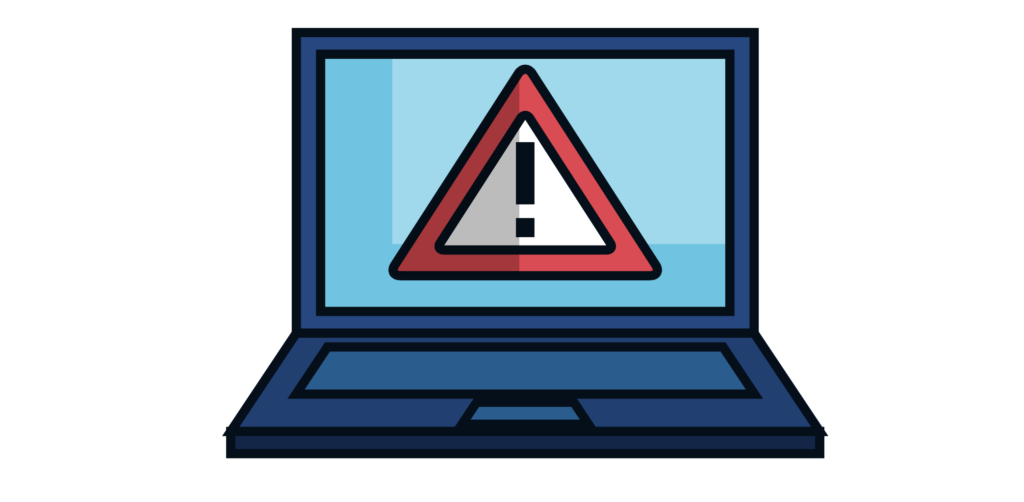Since the outbreak of COVID-19, every type of cyber crime has been on the rise. Cyber criminals are phishing, spoofing, hacking, and preying on panic to trick users into clicking on malicious links, downloading malware, and in some cases, attempting extortion. With many parents working from home and kids e-learning, home WiFi networks become increasingly vulnerable. In addition, adults may be working on machines that were never intended for business use and vice versa.
So – how can you ensure your home is “cyber-safe”?
- Ensure your home WiFi network name has been changed from the manufacturer-provided default, and that the password is complex – not a real word, but a mix of upper/lower case, numbers, and special characters.
- Be skeptical of emails, text messages, and all requests for personal information or account information. In emails, double-check the sender’s address wasn’t spoofed. Never hesitate to call a vendor to confirm a request for personal information.
- Talk to your tween and teenage kids about sextortion. Sadly, this is a growing issue, and involves a perpetrator threatening to distribute private information unless given images of a sexual nature and/or money. Online offenders may gain a minor’s trust by pretending to be someone they are not. Reiterate that anyone who requests inappropriate images needs to be reported to the police.
- Review your current homeowner’s policy to understand what type(s) of cyber coverage you have; “Cyber” comes in many flavors – including extortion, privacy, fraud, bullying, and identity theft.

